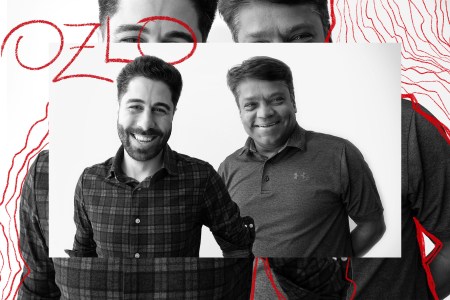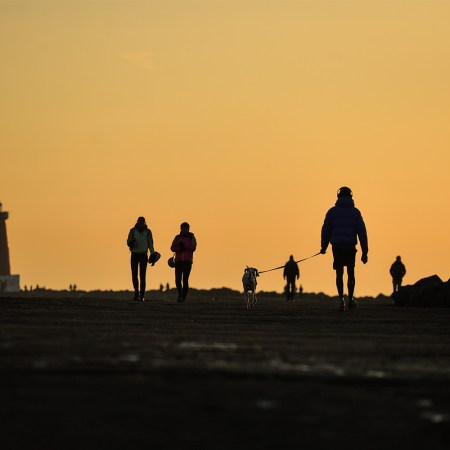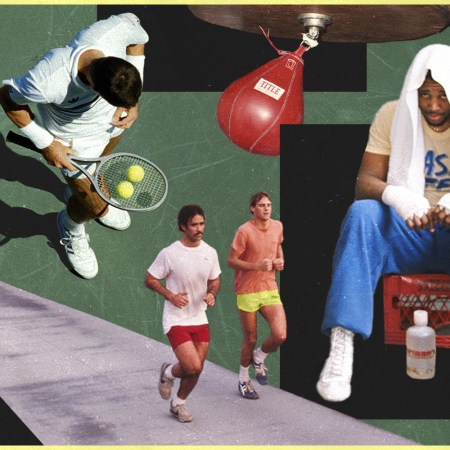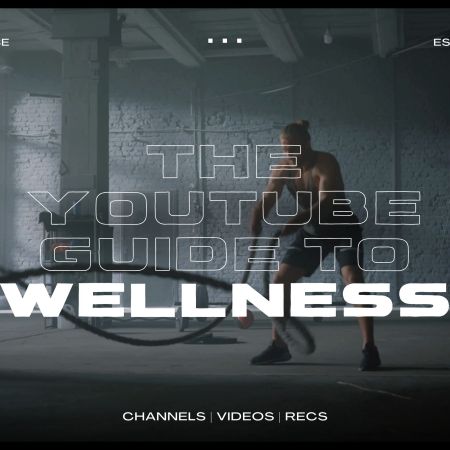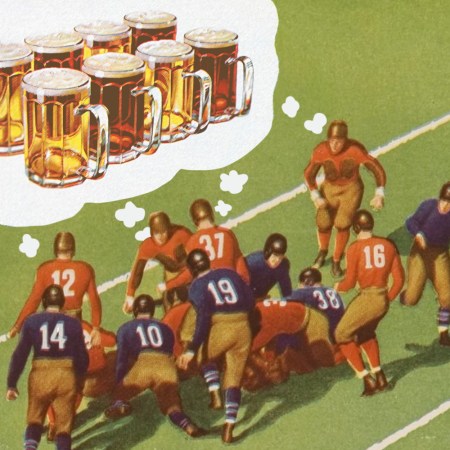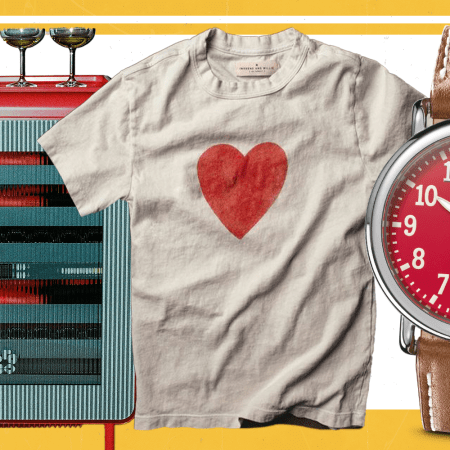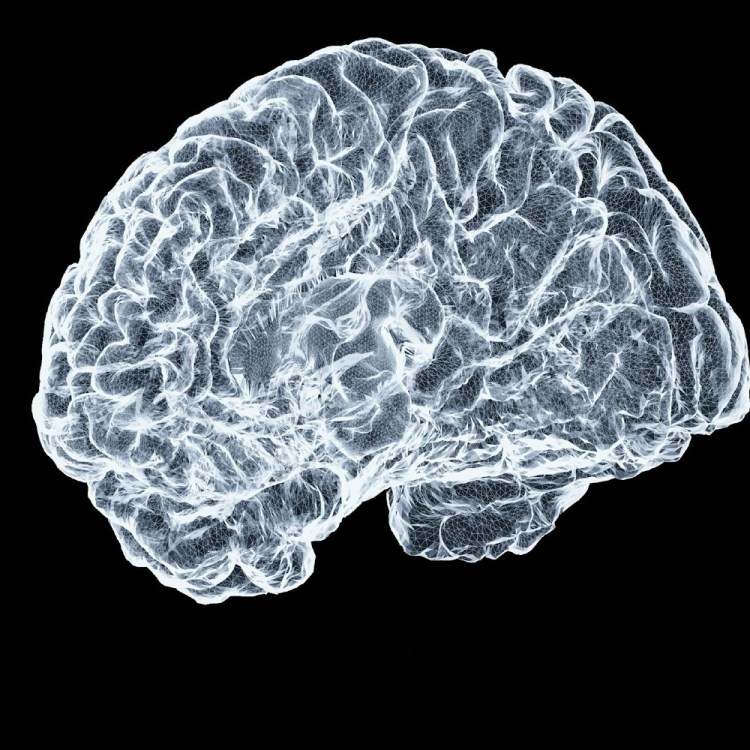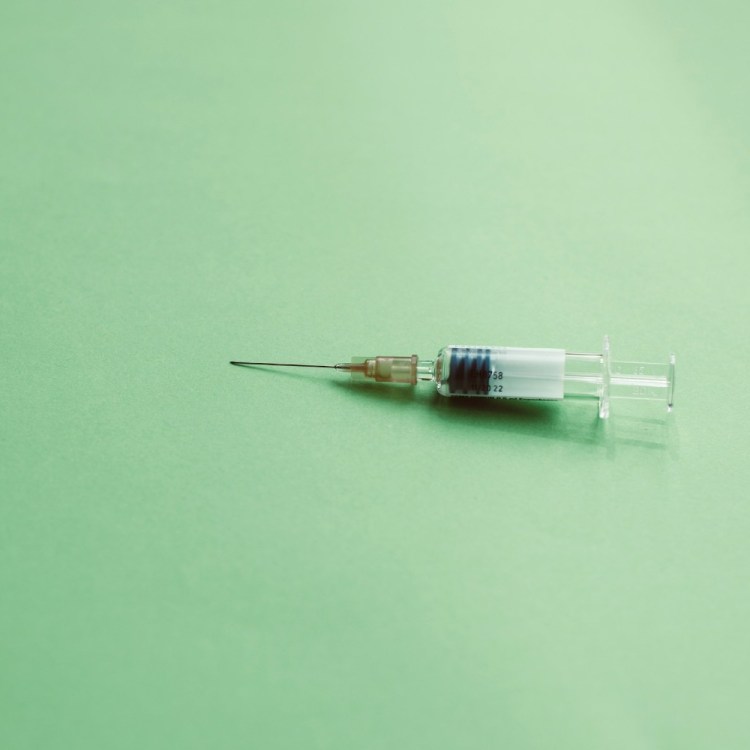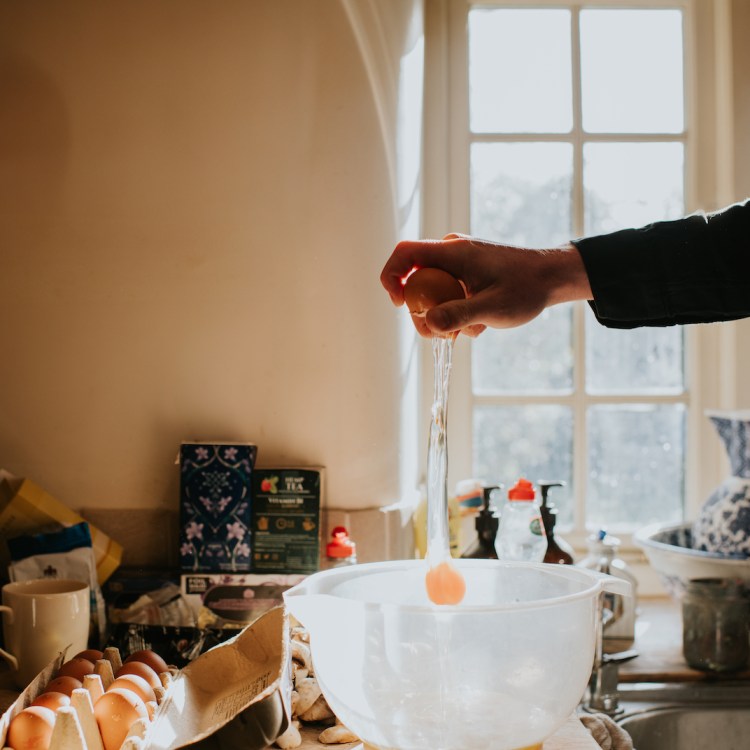Time and time again, health experts maintain that the single greatest life change you can make right now to perform better and live longer is get a good night’s sleep.
As Dr. Michael Twery, a sleep expert at the National Institutes of Health, says, “Sleep affects almost every tissue in our bodies.” When Dr. Charles Czeisler, professor of sleep medicine at Harvard Medical School, began consulting with an array of NBA, NFL and NHL teams 15 years ago, he called sleep the “third pillar of health,” alongside exercise and nutrition. Players should practice in the afternoon, he urged, and not travel if it means they’ll arrive at their hotel later than 2 a.m.
This stuff was mildly revolutionary at the time, if you can believe it. But sleep-as-superpower isn’t a secret anymore. Pretty much every professional athlete is now fanatical about their shut-eye, and the fervor has trickled down to amateur competitors, along with the 9-5 set, fueling a sleep economy worth billions.
Wearable sleep trackers comprise a huge portion of that pie. They come in the form of bracelets (WHOOP), rings (Oura) and watches (Apple, Garmin, Suunto). Sometimes the sleep tracking is even built into the mattress (Eight Sleep).
I have dabbled in all sorts of sleep tech over the years. Perks of being a wellness editor. But in recent months, sleep tracking started to feel like more of an occupational hazard, making me more stressed and less rested. As it turns out, it’s hard to get a good night’s sleep when you know that every heartbeat, exhale, toss and turn is being gobbled up into a data vortex, and spat out the next morning like a report card.
Can a Pair of Earbuds Fix America’s Sleep Problems?
With Ozlo, N.B. Patil and Rockwell Shah saved a “life-changing” sleep aid from the tech graveyard — then improved itTaking a Step Back
Later last year, I decided to officially put a pause on my own sleep tracking. My chief concern was how concerned I was; I would check the figures religiously, as if my official “recovery score” was the ultimate arbiter of whether the night’s sleep had been a success — instead of how rested or refreshed I felt.
Orthosomnia is an emerging term to describe “an obsessive pursuit of optimal sleep that is driven by sleep tracker data.” I’m not sure I would say I was obsessed, but I was certainly invested in my results. According to a recent editorial in the journal Nature and Science of Sleep, one’s preoccupation with “proper” sleep data can, ironically, ensure they have a crappy night’s sleep.
This phenomenon is linked to another word you may have never seen before, “nocebo,” which is basically the opposite of the placebo effect. Say you wake up to a lousy sleep score. That knowledge could sabotage the rest of your day, even if you felt reasonably fine. This negative perception can easily bleed into your day’s activities, especially if you have a do-it-all wearable that tracks both sleeping and fitness. The “readiness barometer” on your device may lead you to have a bad workout, or coach you to skip it entirely.
And hey, sometimes the latter is necessary. Rest days are critical. But at its worst, this system creates a feedback loop: the numbers start to shape your reality, even when your body disagrees.
When to Use It
I’ll admit, I now know much less about my sleep than I did 18 months ago, when I was training for the New York City Marathon. At the time, I could’ve recited my resting heart rate, time spent in REM and sleep latency off the top of my head.
Considering the enormity of the effort I was preparing for, it helped to know all of that at the time, which is why I hope to fall short of recommending others stop tracking their sleep. That’s not really my point. If you’re an NFL quarterback with a dedicated team of coaches, trainers, nutritionists and chefs, this data is incredibly important. If you’re training towards a specific fitness goal, sleep tracking can help you tinker with inputs to improve your outputs.
And in some cases, sleep tracking isn’t just useful — it’s groundbreaking. Sleep tracking has massive promise for pregnant women; WHOOP’s research found that heart rate variability declines steadily throughout pregnancy before reversing course roughly seven weeks before birth. The pattern could help better predict delivery dates. The company’s “Pregnancy Insights” feature now helps expectant mothers monitor those physiological changes in real time, offering a clearer picture of how their bodies are adapting.
The Pressure’s Off
At the moment, I am neither Patrick Mahomes, nor pregnant, nor training for a big race.
I’ve found a certain lightness in going to bed without the pressure of an impending score. (It’s a literal lightness, too: I don’t particularly like sleeping with a wearable on. Though I acknowledge the Oura Ring is an inoffensive option on that front.)
A focus I’m seeing lately in the wellness world is “deoptimization.” That doesn’t mean: make things worse. It does mean: stop trying to make everything perfect. You don’t need the perfect workout regimen, the perfect daily routine, the perfect sleep score. You don’t need to mine every second of your single life on this earth for productivity and excellence. It’s okay to let certain things be.
That’s where I’ve landed with sleep. (It is not, incidentally, where I’ve landed with exercise. I remain a Strava apostle, for better or worse. But that’s a different column.) When my day is winding to a close, things get delightfully analog. There are candles in my apartment. A hot shower. Some reading: five pages before I start reading the same sentence over and over again and know it’s time to call it.
Then — hopefully after some entertaining dreams — an alarm clock tells me it’s time to do another day. And I do it, only vaguely aware of how well I performed in the in-between.
The Charge will help you move better, think clearer and stay in the game longer. Subscribe to our wellness newsletter today.


